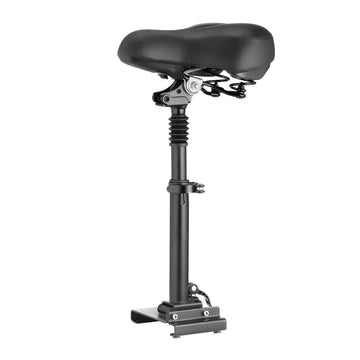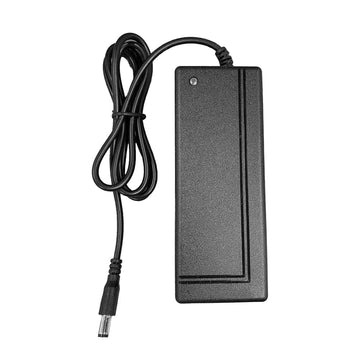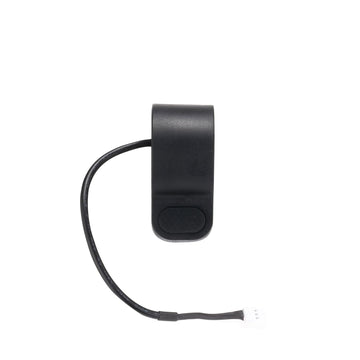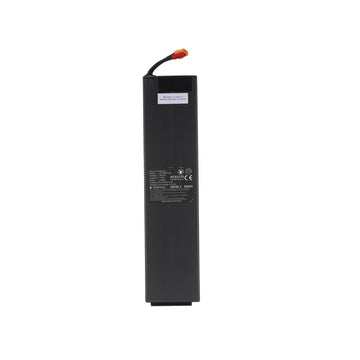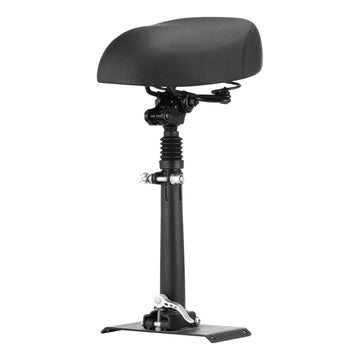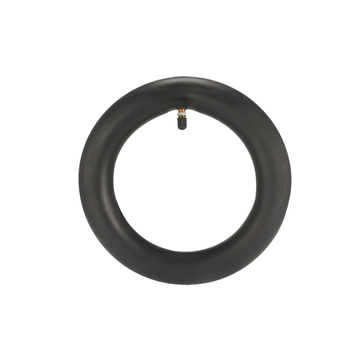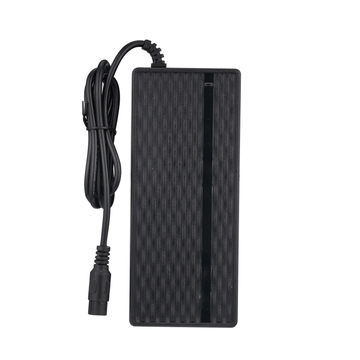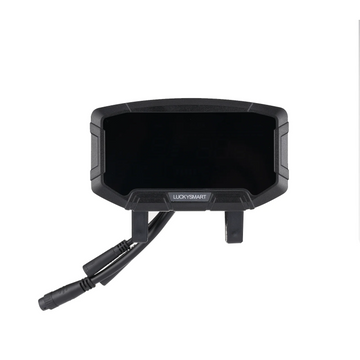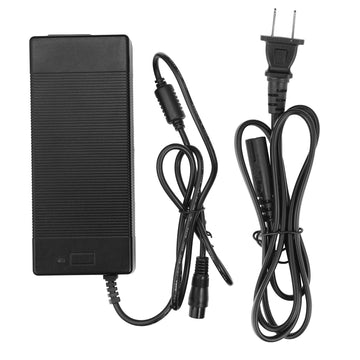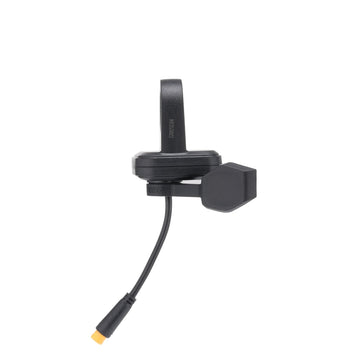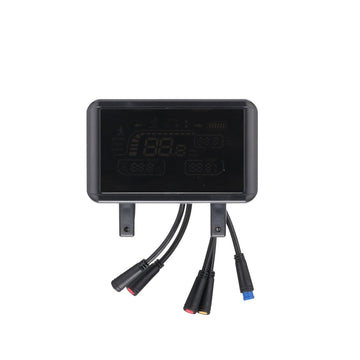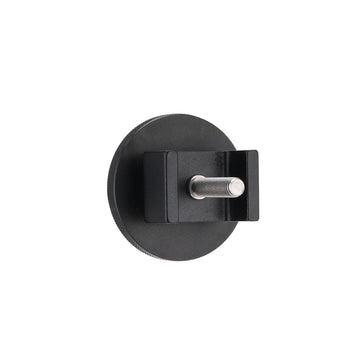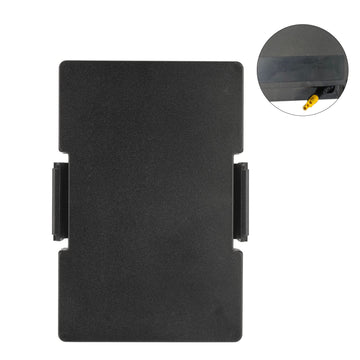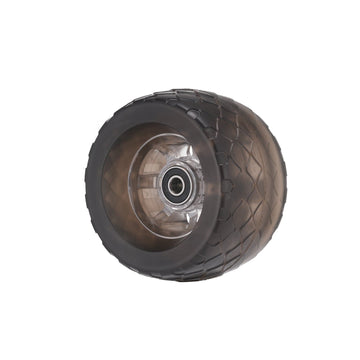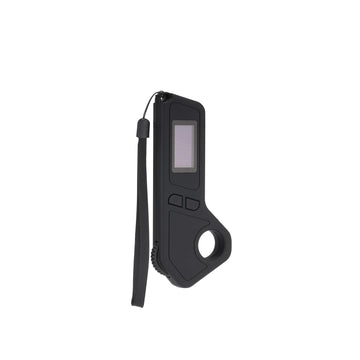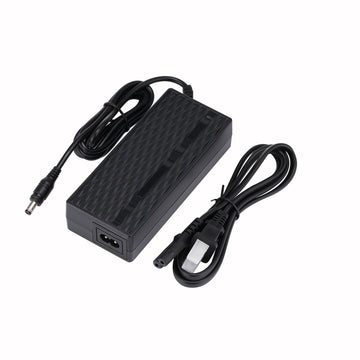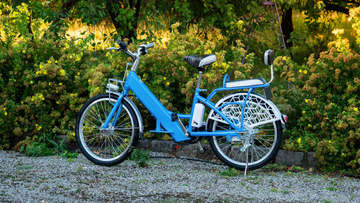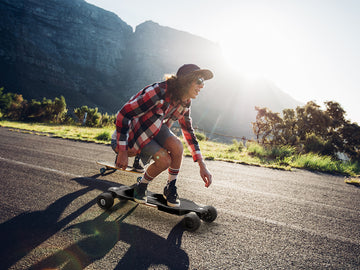
Introduction
Skateboarding is an exhilarating and physically demanding activity that can provide hours of enjoyment. Whether you're a seasoned pro or a beginner, the adrenaline rush and sense of accomplishment when performing tricks can be addictive. However, the day after an intense skateboarding session, it's not uncommon to wake up with sore muscles all over your body. In this blog post, we'll explore the reasons behind this post-skateboarding muscle soreness and how you can alleviate it.
- Muscles at Work
Skateboarding engages various muscle groups throughout your body. From the moment you push off to the dynamic movements required to maintain balance and execute tricks, your muscles are constantly working. Skateboarding primarily activates the muscles in your legs, including your quadriceps, hamstrings, calves, and glutes. However, it also involves your core muscles, back muscles, and even your arms to some extent. When you're performing high-impact maneuvers and absorbing shocks, the muscles work harder, leading to micro-tears in the muscle fibers.
- Delayed Onset Muscle Soreness (DOMS)
The soreness you experience the day after skateboarding is often attributed to Delayed Onset Muscle Soreness (DOMS). DOMS typically occurs 24 to 48 hours after intense physical activity, and it is the result of microscopic damage to muscle fibers. When your muscles undergo stress beyond their accustomed level, such as during skateboarding, they experience tiny tears and inflammation. This leads to discomfort, stiffness, and soreness.
- Eccentric Contractions
Eccentric contractions, which involve the lengthening of the muscle under tension, are a key component of skateboarding movements. When you land jumps, absorb impact, or control your board during slides, your muscles contract while lengthening. These eccentric movements put additional stress on your muscles and are more likely to cause DOMS compared to concentric contractions (muscle shortening contractions) alone. Eccentric contractions lead to more muscle damage and inflammation, contributing to the overall soreness.
- Insufficient Warm-Up and Cool-Down
Skateboarding is often associated with a laid-back, spontaneous vibe, but neglecting proper warm-up and cool-down routines can contribute to post-skateboarding soreness. Warming up helps prepare your muscles, joints, and connective tissues for the demands of skateboarding. It increases blood flow, raises your body temperature, and improves muscle elasticity. Similarly, cooling down with light stretching after a session helps reduce muscle tightness and prevent excessive stiffness.
- Fatigue and Overexertion
Skateboarding is physically demanding, especially during intense sessions or when attempting new tricks. Pushing your limits without giving your body sufficient time to recover can result in fatigue and overexertion. When you're fatigued, your muscles are more prone to injury and can take longer to recover. Overexertion can exacerbate muscle soreness and prolong the recovery process, making the next day particularly challenging.
Alleviating Post-Skateboarding Muscle Soreness
While it's nearly impossible to completely eliminate post-skateboarding muscle soreness, you can take steps to alleviate the discomfort and speed up your recovery. Here are a few tips:
- Gentle Stretching
Engage in light stretching exercises before and after skateboarding to improve flexibility and reduce muscle tension.
- Ice or Heat Therapy
Apply ice packs or take warm baths/showers to reduce inflammation and soothe sore muscles.
- Rest and Recovery
Allow your body ample time to rest and recover between skateboarding sessions. Avoid overexertion and listen to your body's signals.
- Proper Nutrition
























